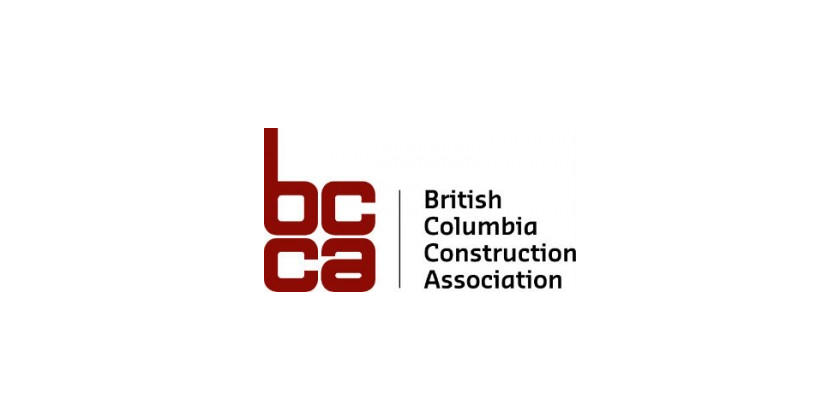BCCA: Procurement Fairness Clause Removed From Many Taxpayer-Funded Construction Projects

June 24, 2024
The BC Construction Association (BCCA) has issued a province-wide industry alert following the confirmation of cases of removal of “Contract A” from the procurement process by a growing list of public owners, including some municipalities, school districts, universities, and crown corporations. In the absence of “Contract A”, general contractors and trade contractors should not assume that they will be treated fairly and probably have no legal recourse for being treated unfairly.
In Canadian contract law, “Contract A” ensures fairness, openness and transparency between the owner and each compliant bidder who responds to a procurement call. “Contract A” typically includes terms and conditions such as deadlines, evaluation criteria, privilege clauses and often the requirement for bid security. It serves to protect the legitimate expectations and interests of all parties.
“The removal of “Contract A” is the most significant violation of public sector procurement processes that the construction industry has seen to date. It is a serious concern for industry associations and should be of equal concern to BC taxpayers,” says BCCA President Chris Atchison. “When a public sector owner willfully removes an obligation to act fairly in its dealings with you at the start of a project, you have to ask yourself: do you really want to bid on that project and work with that government entity?“
The absence of “Contract A” undermines the integrity of the procurement process, and may result in:
- Lack of transparency;
- Bid shopping;
- Unequal treatment;
- Increased risk for bidders;
- Legal vulnerabilities;
- Reputational damage to the public sector owner.
“Contract A” is a legal convention that was created in 1981 by the Supreme Court of Canada in The Queen (Ont.) v. Ron Engineering. This landmark decision is the cornerstone for fair, open and transparent procurement, providing a mechanism to protect both owners and bidders from unfair practices. It forms the basis of an understanding that all owners have a duty of fairness towards compliant bidders. Through the use of the “Contract A” bidding contract, Ron Engineering has brought certainty to the procurement process.
“Those who actually do the work in the construction industry cannot proceed on the assumption that it is ‘business as usual’, given the deliberate removal of ‘Contract A’ by certain public owners,” says Michael Demers, legal counsel for BCCA. “Before Ron Engineering, procurement was the wild west, where bidders were subject to the misconduct of unscrupulous owners, and owners did not know where they stood legally with bidders. After 40 years of relative clarity in procurement rules, and a legal basis to ensure both owners and bidders followed the rules, it appears some public owners want to take us all back to the old days where they can’t be held to account for their wrongdoings. It’s a sad day for an industry that is already under so much pressure to perform for the benefit of British Columbians.”
BCCA recommends construction firms proceed with extreme caution in the face of the unprecedented implications of the removal of “Contract A”. Contractors are advised to:
- read all procurement documents carefully.
- use the RFI process to question the intent of the Owner’s procurement process in cases where “Contract A” has been removed.
- seek legal advice when they have questions or concerns about procurement and contract conditions.
- consider qualifying their bid only once they have fully evaluated the associated risks and are prepared to accept the consequences.
- advise their Regional Construction Association and BCCA of any irregularities in the procurement process through the BCCA Public Sector Transparency Tip Line.
“When public sector owners remove “Contract A”, they break the covenant of trust, integrity and transparency that it represents,” says Atchison. “Public sector owners must be held to a higher standard in procurement. We urge public owners to commit to fairness by maintaining “Contract A”. When it comes to the construction projects British Columbians rely on, it’s in the public interest.”
There are over $160B in construction projects currently underway in British Columbia, with another $170B scheduled.
Construction contributes 10.3% of BC’s GDP and is the #1 employer in the province’s goods sector with a workforce of approximately 229,000.
Go HERE for more information from BCCA











![Guide to the Canadian Electrical Code, Part 1[i], 26th Edition– A Road Map: Section 56](https://electricalindustry.ca/wp-content/uploads/2022/11/Guide-CE-Code-2.png)



